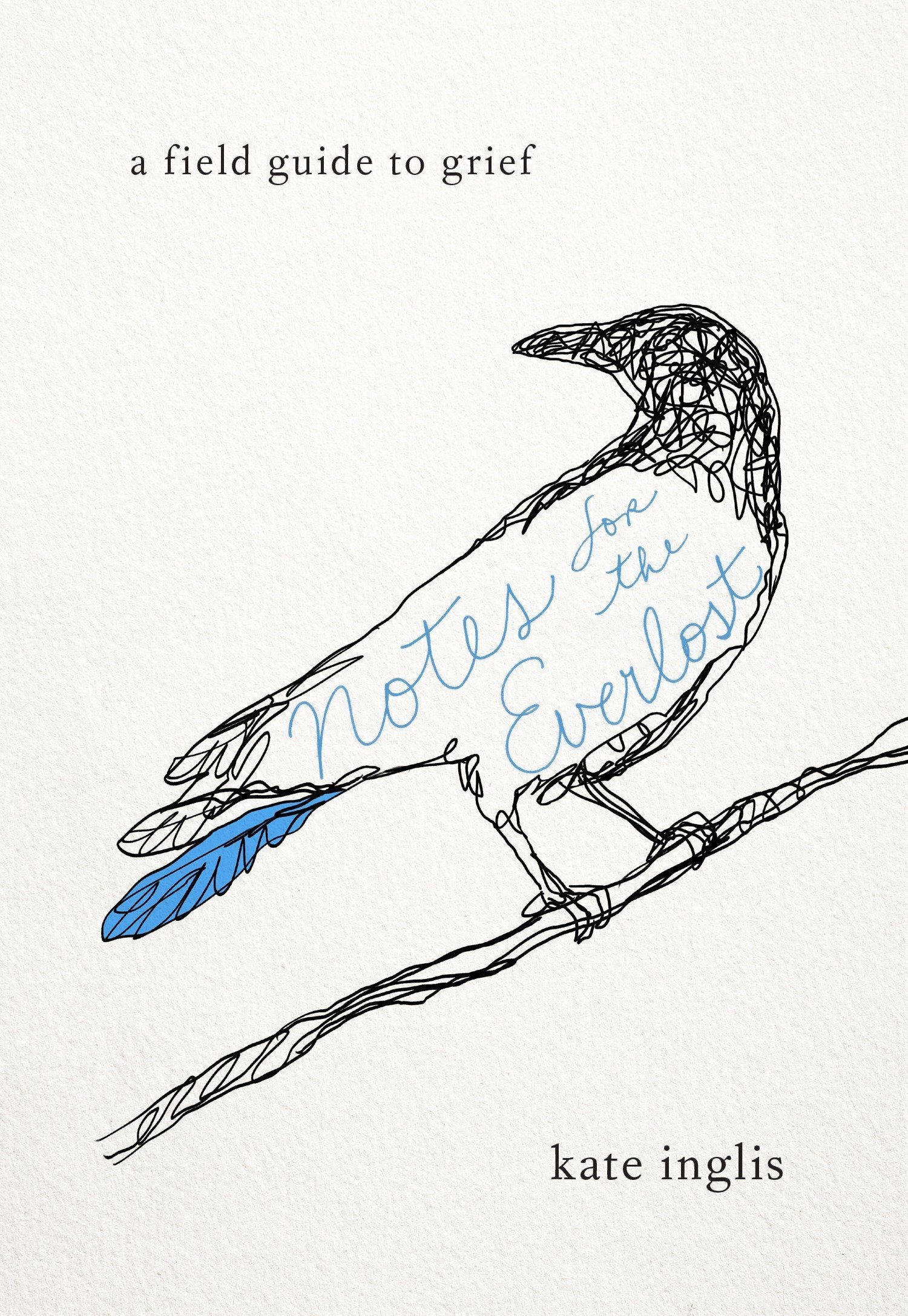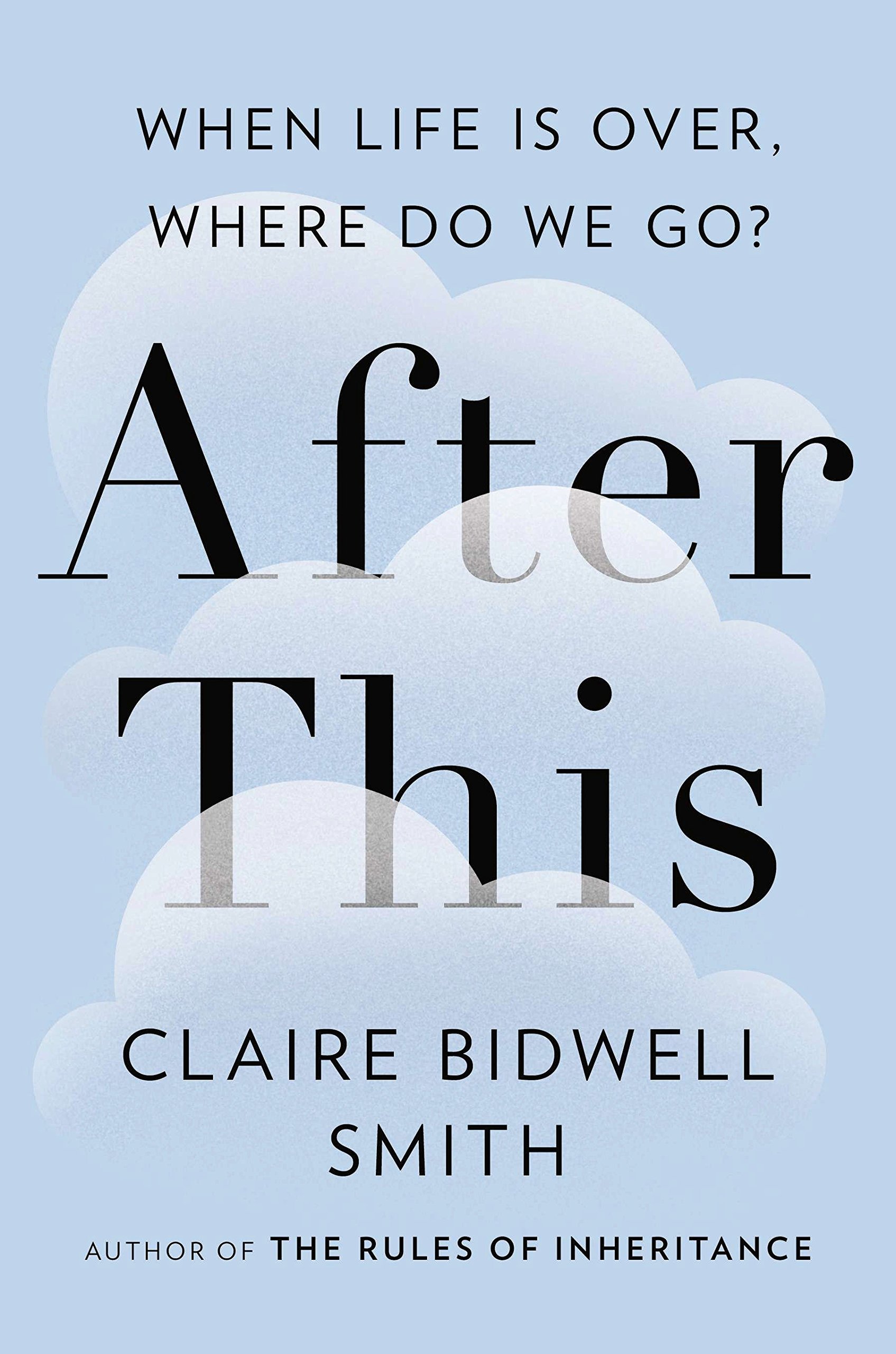If you type “grief” into Google search bar, you’ll be presented with an overwhelming number of books and support groups that address life after loss. It’s exhausting to wade through the endless descriptions of grief, and honestly, many of the resources offered are not all that helpful, especially in early grief. Below is a list of some of the books and support groups that have provided me—and my clients—a lifeline in darkness.
If there is a resource that you think should be added to the list, get in touch with me here.
11 Best Overall Books for Grief and Loss
It’s OK That You’re Not OK by Megan Devine
Written by a therapist who lost her husband in a drowning accident, this is one of the best books I’ve found for early grief and survivors of traumatic and/or “out-of-order” grief. It contains practical, wise information and support for grieving people (and those who want to help) about how to survive devastating loss and learn to eventually create a meaningful life “after”.
Also visit Megan’s website refugeingrief.com. It’s an excellent resource with blogs and online support.
Permission to Grieve by Shelby Forsythia
Following the sudden and unexpected death of her mother in 2013, Shelby became a “student of grief” and began to explore all aspects of grief and loss. Fans of her podcast, Coming Back will find the same warmth, compassion and insight in this book. She examines the toxic and unhelpful “grief rules” society often tries to impose on grievers, and proposes instead a new, more compassionate way to “create grace, space, and room to breathe” even in the midst of the worst thing that has ever happened to you.
Also visit her website: shelbyforsythia.com for information on her wonderful podcast and resources for grievers including live grief support.
Bearing the Unbearable by Dr. Joanne Cacciatore
Joanne Cacciatore lost her newborn daughter in 1994, and this tragedy led her to devote her counseling practice to helping traumatically bereaved people. As an associate professor at Arizona State University where she researches and writes about grief, she has founded a Graduate Certificate in Trauma and Bereavement program for counselors. She is also the founder of the MISS Foundation which provides support to families experiencing the death of a child at any age. Her book brings her wisdom, experience and heart to help grievers bear the unbearable.
Healing Through the Dark Emotions by Miriam Greenspan
Written by a psychotherapist who has dealt with the loss of her own child, this is a deep and heartfelt examination of how to deal with the “dark emotions” in a way that promotes profound healing.
The Wild Edge of Sorrow by Francis Weller
A wise, poetic, open-hearted handbook from a noted grief therapist, this book is for both those in the midst of a painful loss and counselors looking for ways to support them. Weller believes that “bringing grief out of the shadow is our spiritual responsibility, our sacred duty”. He provides stories and rituals designed to honor and support the grieving process and, “re-vision grief not as event in our lives… but as an ongoing conversation that accompanies us throughout life…. continually shaping our walk through life, and, in some real way, determining how fully we engage in our lives.”
The Grief Club by Melody Beattie
Melody Beattie is a well-known voice in the recovery community, but this book brings her wisdom and caring to the specific topic of grief. The Grief Club is an honest and heartfelt collection of life stories of people who are finding their way through many types of loss including death, divorce, disease, and addiction.
The Lessons of Love by Melodie Beattie
Lessons of Love is Melodie Beattie’s raw, heartbreaking story of her return to life after the sudden death of her 12-year-old son in a skiing accident.
I’ll Write Your Name on Every Beach by Susan Auerbach
Candid, practical help for surviving suicide loss written by a mother who lost her 20-year-old son to suicide. Each chapter addresses a topic related to traumatic loss and within the chapters, she addresses how this experience unfolded over time. (For example, dealing with anniversaries at 3 months, 11 months, 2 years, and so on.)
When You’re Falling, Dive by Mark Matousek
Interviews with survivors of traumatic loss interwoven with the author’s own thoughts about his losses, showing how they have endured and, ultimately, been transformed by “alchemizing catastrophe into living wisdom.”
There Is No Good Card for This by Kelsey Crowe, PhD and Emily McDowell
An engaging, thoughtful book that helps ordinary people know what to say during times of loss.
Understanding Your Grief by Dr. Alan D. Wolfelt
Dr. Wolfelt is a pioneer in grief work who challenges the way the helping profession is trained to work with grievers. He developed the “Mourner’s Bill of Rights”, the idea of “companioning” rather than “treating” grieving people and other approaches that normalize and value the hard, messy work of dealing with loss. He is a counselor and director of the Center for Loss and Life Transition in Fort Collins, Colorado.
Books, resources and other help can be found at the website: centerforloss.com
6 Helpful Grief Support Groups:
Alliance of Hope allianceofhope.org
A wonderful resource for survivors of suicide loss that provides information, resources and direct support.
Compassionate Friends compassionatefriends.org
A self-help organization offering friendship, understanding, and hope to bereaved families that have experienced the death of a child. Support groups in a number of cities and also online and private Facebook groups.
The Dougy Center dougy.org
Provides peer support groups, education, and training for children, teens, young adults, and their families who are grieving a death.
Helping Parents Heal helpingparentsheal.org
A non-profit group that provides support and also encourages an open discussion of spiritual experiences and afterlife communication in an open, non-dogmatic way.
Mothers Against Drunk Driving madd.org
National Organization of Parents of Murdered Children pomc.org
Other Notable Grief Books
General Grief
Baby and Child Loss
Suicide Loss
Loss of a Partner
Afterlife, Signs, and Symbols
Many grieving people experience some kind of connection or communication with their loved ones who have died. While this is not something that many mental health professionals traditionally feel comfortable addressing, it is important that we have an understanding of this experience. I encourage you to read the books below (some of which are written by fellow therapists) and be open to your clients’ experiences in this area.































